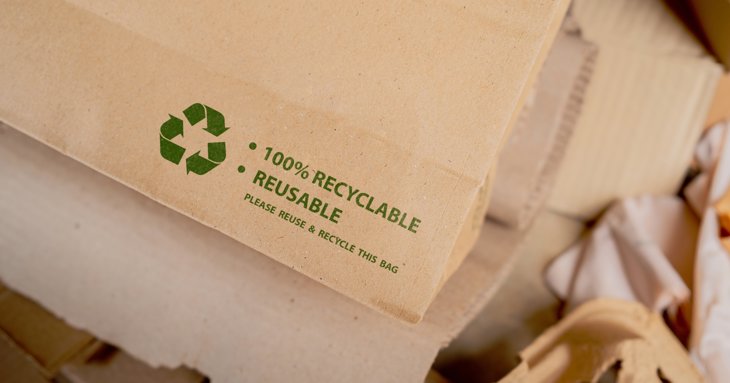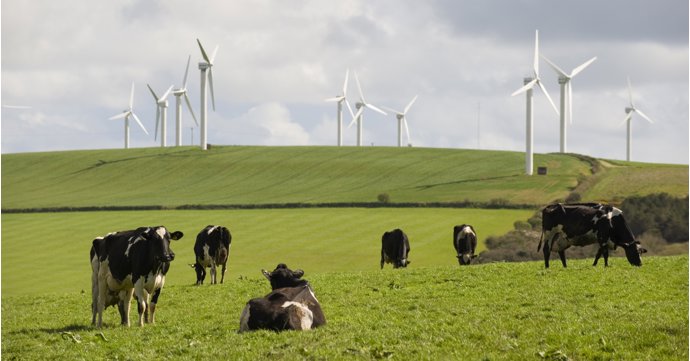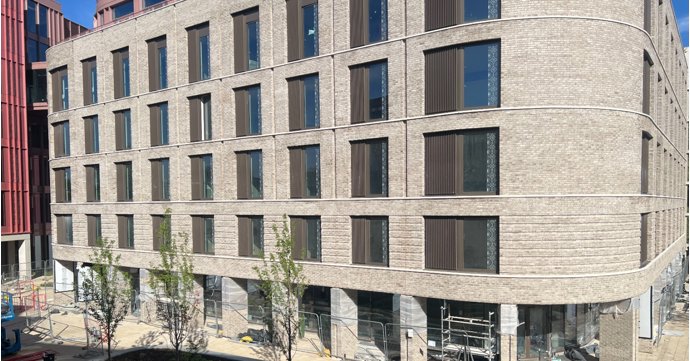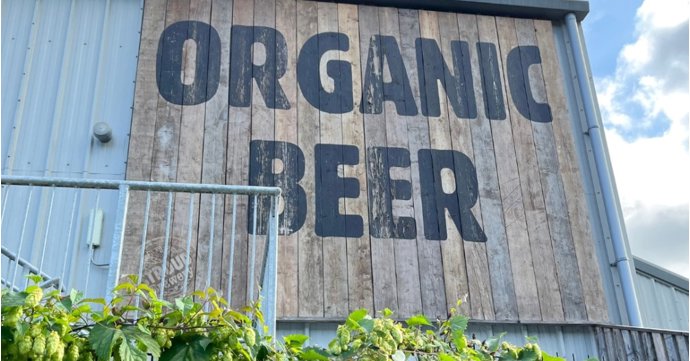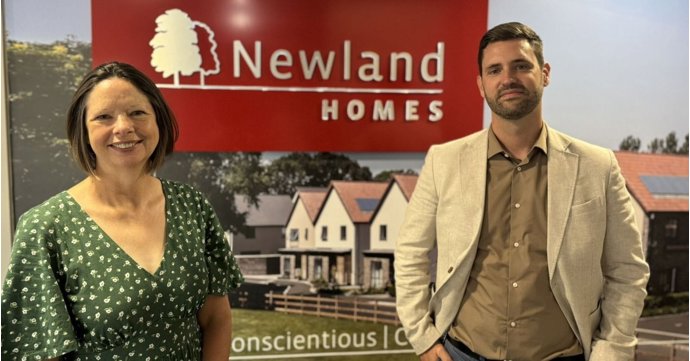For companies looking to become B Corp certified, it's important to look at making your supply chain more sustainable — with everything from waste products and fuel consumption to cyber security all playing an important role in your business's social and environmental impact.
ESG manager for Gloucester-based B Corp Optimising IT, Charlie Haward, shares some insightful advice on how to improve the sustainability of your supply chain in the third instalment of SoGlos's Gloucestershire B Corp series.
The supply chain is an important factor in B Corp certification — where should businesses start when looking into the sustainability of their supply chain?
The first thing I would do is to evaluate whether the supplier’s values align with the values of your own business.
Then it would be much like checking the information security credentials of a supplier. I would first look at whether the business had any certifications that demonstrate their attitude and approach to environmental and social issues — asking questions like: Do they have ISO 14001? Are they a B Corp? Are they a living wage employer? Where are items manufactured and are there anti-slavery policies in place all the way down the supply chain?
Are there any simple changes businesses can make to their supply chain straight away, which can have a positive impact?
Switching to a renewable energy supplier is a good, simple place to start.
Also check one of the many online tools available to find out how your bank and company pension schemes perform on environmental and ethical measures — and switch if they are badly rated. Changing where our money is invested has the potential to have a huge impact on our carbon footprint, with Lloyds Bank reporting last year that 'making a pension ‘green’ is 21 times more effective at cutting an individual’s carbon footprint than adopting a vegetarian diet, changing their energy supplier and giving up flying combined.'
Are there any tried and tested ways for businesses to reduce things like waste and fuel consumption within the supply chain?
One of the first areas to focus on is your office space. If you are renting offices, are you able to switch energy provider? Can you monitor — and therefore set reduction targets for — your energy and water use? Is the amount of space suitable for your business or are you paying to rent, light and heat empty areas, especially in these days of hybrid working?
Review your spending, too. Look at where the largest areas of spend are and whether you are satisfied that those suppliers are working in a sustainable way. Can you use a B Corp, where you know they will have met environmental and social standards and reviewed their own supply chain?
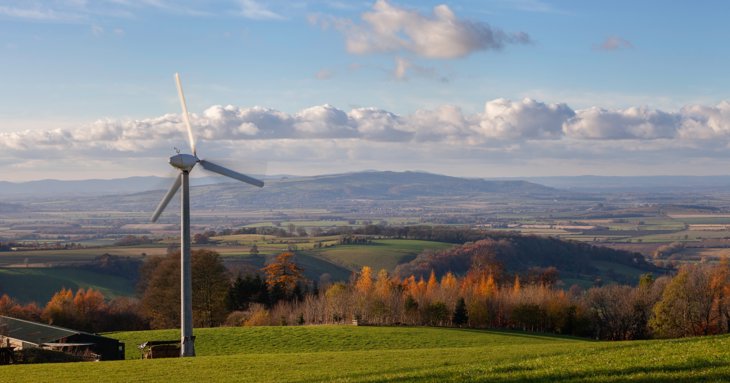
Some supply chain factors — such as recycling and using sustainable packaging — seem fairly straightforward, but what are some of the less obvious elements to consider?
You need to consider not only the energy required to run your IT environment, website, servers etc, but also the purchase of hardware such as mobile phones, laptops, WiFi devices, which also have an impact on the environment — both in terms of emissions during manufacturing, shipping, operating and disposing, as well as materials' impact in mining and disposal.
Taking a holistic approach to your supply chain and removing emissions at source (so preventing them in the first place); keeping kit in circulation by selling on the used market or donating to a charity; and then sending to a green waste supplier as a last resort can really help.
Most emissions for professional services companies, for example, are Types 2 and 3, so either in the supply chain or as part of what customers do with end products and services. You can minimise those emissions by using suppliers that are actively working to reduce emissions and environmental impact.
Optimising IT is a B Corp itself and offers a unique Climate Conscious IT package for businesses — what is this package and what makes it sustainable?
Climate Conscious IT is a specific package of capabilities aimed at minimising a business's environmental impact, in addition to our award-winning range of managed IT services.
With specific, low-impact devices and services, combined with certified recycling and green energy, we can manage the entire IT and equipment lifecycle in an environmentally friendly way.
For organisations looking to make a bigger impact, we can also provide certified carbon credits, which are used to subsidise green energy projects around the world, plant trees for future benefit and provide long-term carbon sequestration via our managed sustainable tree planting scheme.
Businesses wanting to know how much impact they can have can try out
our calculator by visiting optimisingit.co.uk.
One of the key things which differentiates B Corp certification from the ISO 14001 is a focus on the social impact of a business. How can businesses adopt more sustainable labour practices throughout the supply chain?
It comes back to checking the credentials of any supplier to make sure they are operating in a sustainable way and following this trail down the supply chain. Look for suppliers with a low staff turnover, where employees are actively developed and promoted internally. Employee ownership trusts can be a good indicator that employees are actively engaged with — and benefiting from — the success of the business.
As with anything, it starts with understanding where you are on that journey and then asking those questions of your suppliers, as part of a rounded supplier management approach. Ensuring that your supply chain is actively addressing appropriate practices for their workforces is critical for a modern business.
Setting out how you would like to see things done, from Living
Wage requirements through to benefits for part-time workers and those on zero hours
contracts, for example, and having your supply chain evidence those as part of
an ongoing audit process, is key.
How can businesses engage with their suppliers to encourage them to become more sustainable?
Have the conversation. Ask the questions. The more that suppliers feel the pressure to be transparent and to improve their practices, the more likely they are to aim for recognised standards like B Corp certification.
Ultimately, if
you aren’t satisfied that your suppliers are doing enough, take your business
and your money to someone who is.


